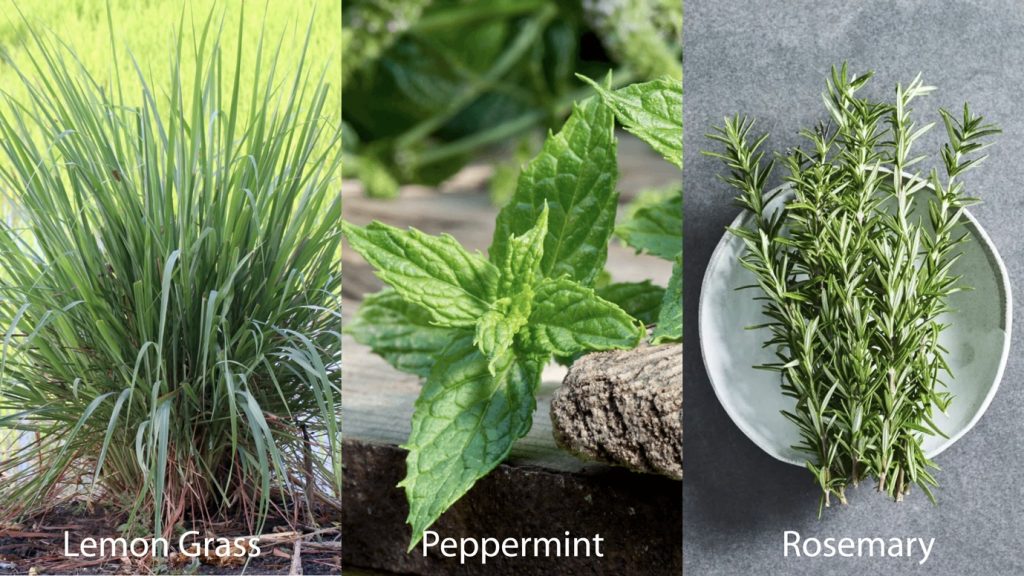In an age where environmental consciousness is more important than ever, the demand for eco-friendly pest control methods has surged. Traditional pest control techniques often involve harsh chemicals that can harm not only pests but also beneficial insects, pets, and humans. By opting for sustainable methods, we can effectively manage pest issues while also protecting our environment. In this post, we’ll explore various eco-friendly pest control methods and highlight their environmental benefits.
What is Eco-Friendly Pest Control?
Eco-friendly pest control, also referred to as sustainable pest management, focuses on methods that minimize adverse effects on human health and the environment. These methods use natural ingredients, biological controls, and preventive measures to keep pests at bay without relying on toxic pesticides.
Eco-Friendly Pest Control Methods
- Natural Repellents: Using essential oils (like peppermint, lemongrass, and rosemary) and vinegar can deter various pests. These natural substances are safe for humans and pets, making them an ideal alternative to synthetic pesticides.
- Beneficial Insects: Introducing beneficial insects, such as ladybugs and lacewings, can keep pest populations in check. These insects prey on harmful pests, providing a natural form of pest control that supports biodiversity.
- Physical Barriers: Employing physical barriers like insect nets and row covers can prevent pests from accessing plants. Additionally, sealing cracks in your home can stop pests from getting inside, reducing the need for chemical interventions.
- Companion Planting: This age-old practice involves planting certain crops together, where one plant acts as a natural repellent for pests that threaten another. For instance, marigolds deter nematodes and attract beneficial insects, fostering a healthier garden ecosystem.
- Biological Control: Utilizing natural predators (like nematodes, birds, and microbes) can control pest populations without harming the environment. For example, introducing parasitic wasps can help manage caterpillar populations in your garden.
- Diatomaceous Earth: This natural powder is made from fossilized algae and can be used to combat crawling insects. It works by desiccating the exoskeleton of pests without the use of chemicals.
- Homemade Traps: Many pests can be managed with simple traps made from household items. For example, a mixture of sugar and vinegar can attract and drown fruit flies—no chemicals necessary!
Environmental Benefits of Eco-Friendly Pest Control
- Reduced Chemical Pollution: Eco-friendly methods significantly reduce the amount of chemical runoff that enters our soil and waterways. This helps maintain water quality and protects local wildlife, which can be harmed by chemical exposure.
- Safeguarding Biodiversity: Harmful chemicals can negatively impact non-target species, leading to a decline in beneficial insect populations. By using sustainable methods, we promote a balanced ecosystem where all organisms can thrive.
- Healthier Soil: Many eco-friendly practices enhance soil health by boosting microbial life and improving overall soil composition. Healthy soil is critical for sustaining robust plant growth and can help in the natural management of pests.
- Sustainable Food Production: Utilizing eco-friendly pest control in agriculture promotes organic farming practices, leading to more nutritious food free of harmful chemical residues. This encourages a sustainable food system that prioritizes health and environmental protection.
- Long-term Pest Management: Eco-friendly methods often promote natural pest resistance and resilience in plants. This reduces the dependency on chemical treatments and supports pest population balance in the long run.
Conclusion
Embracing eco-friendly pest control methods is not just a trend; it’s a fundamental shift toward more sustainable living. By implementing these environmentally conscious strategies, we can enhance our health, preserve our ecosystems, and contribute to the well-being of our planet. Whether you are a homeowner trying to keep your garden thriving or a farmer seeking sustainable practices, the journey toward an eco-friendly approach to pest control is one worth pursuing. Together, we can create a healthier, greener world for generations to come.




